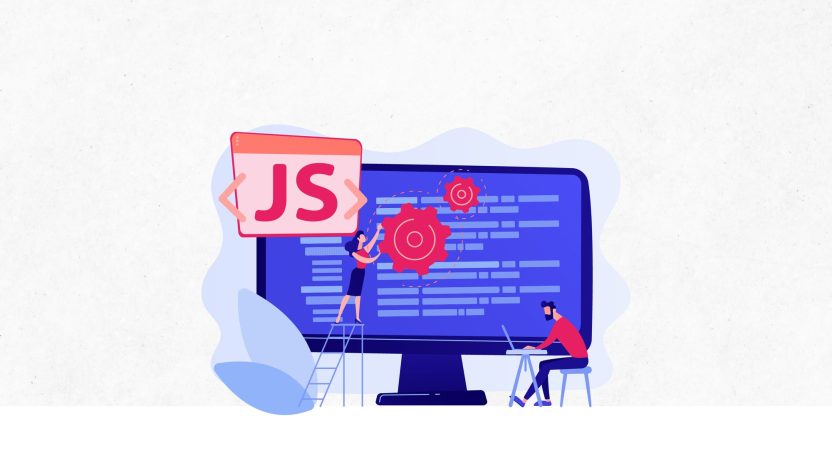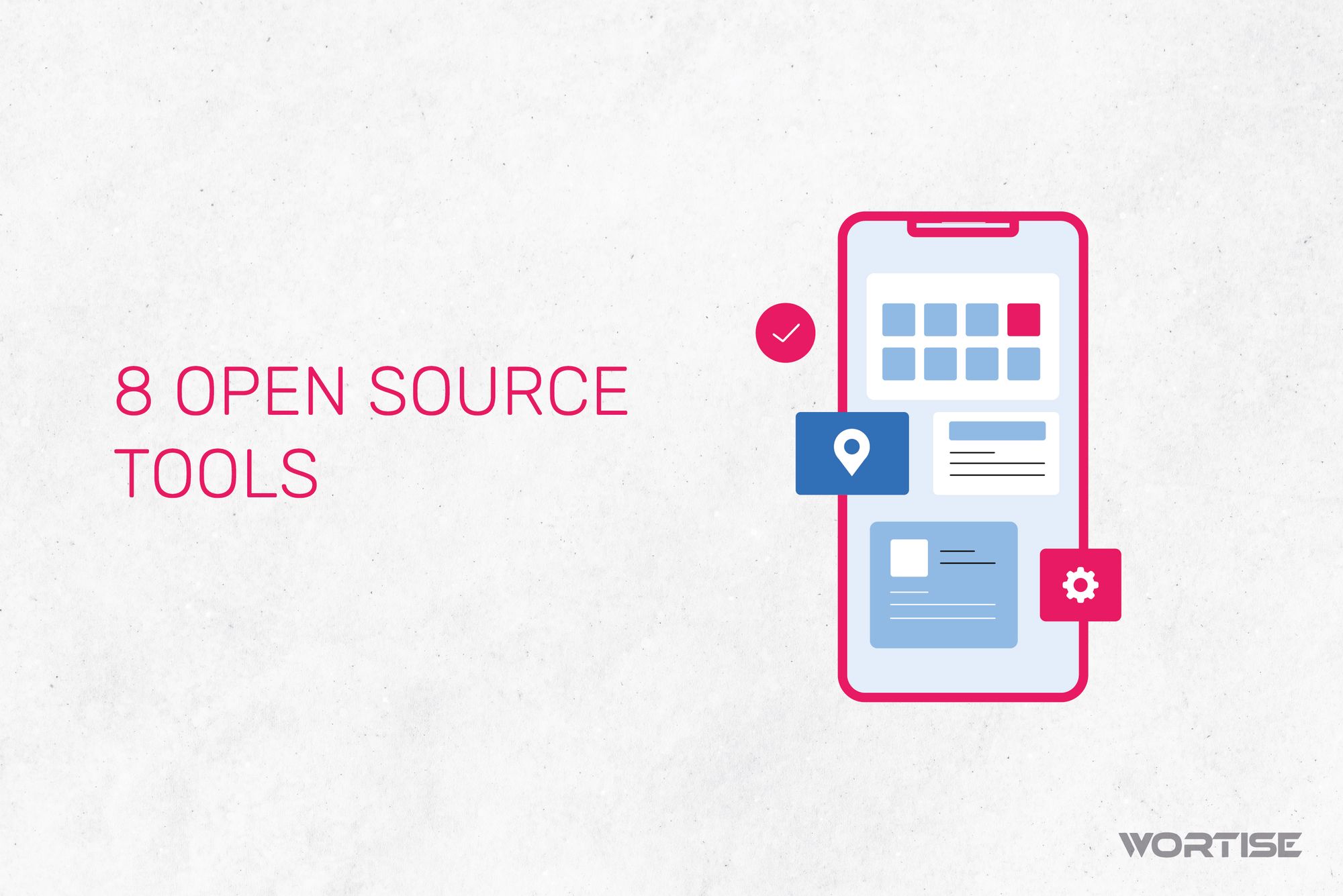If you have or plan to create an app, you’ve likely encountered a fundamental dilemma while charting your roadmap: Which programming language should you use? There are plenty of options in the industry, but in recent years, the debate has primarily focused on Kotlin vs Java, especially when it comes to Android.
The debate over which programming language to use goes hand in hand with technological development progressing exponentially without us even realizing it. In the early 1950s, programming languages didn’t even exist, and now we’re debating among the best options in a truly vast market.
In an industry where everything changes day by day, it’s natural to wonder what the best choice is in an overcrowded market.
So let’s take a look at both options and see what each excels at. We’ll help you decide!
Java: A Historic Language That Endures
Java’s origins date back to 1991 when a group of engineers and computer scientists decided to develop an operating system that would unify the programming and operation of chips in appliances.
While the project failed, they decided to create their own programming language. Initially called Oak, it eventually became Java. It was officially launched in 1996 with a web browser called HotJava.
Since then, Java has progressively consolidated itself as the most important programming language in the industry and achieved its goal of unifying protocols. Despite being in the market for over 26 years, it remains relevant with constant updates and a huge community that has developed libraries of all kinds to streamline and facilitate processes.
Kotlin: The New Contender Gaining Ground
Kotlin’s historical journey is much shorter, as the project was conceived in 2011 and the language was formally released in 2016. It was designed to be interoperable with Java, hence they began to coexist on different platforms.
This programming language focused on improving syntax to optimize code, simplifying and reducing many processes. According to Andrey Breslav, who led the project, Kotlin was created to be a better programming language than Java, but interoperable with its code, allowing companies to gradually migrate to Kotlin.
Kotlin vs Java: What Each Excels At?
The programming language your app is programmed in is no small matter. Many factors depend on it, including compatibility with certain platforms. Therefore, choosing the best option can be a crucial aspect. To facilitate your selection, we’ll evaluate the strengths of each tool.
Kotlin:
The gradual growth Kotlin has experienced in the last seven years is no coincidence. It is an extremely efficient programming language that convinces more and more companies. This is due to the attractiveness of its strengths, especially when it comes to developing Android apps. Below are its main strengths:
#1 Syntax
In programming, syntax refers to the rules that shape the computer language through combinations of symbols that ultimately structure expressions, which in turn fulfill specific functions. Kotlin’s syntax stands out for being simple and concise. Programmers have to write fewer lines of code – compared to other languages – to achieve positive results. Simplifying syntax is a plus because it saves time and effort while facilitating the learning process, which is particularly beneficial for those taking their first steps in programming.
#2 Learning Curve:
This is precisely our second advantage, the ease with which Kotlin is learned. It is not a minor detail, as it begins to become the gateway for thousands of enthusiasts who want to learn programming. It is not risky to say that programming is one of the professions that attracts the most interest in the current landscape. Online courses abound, and for some, the difficulty of more cumbersome languages is a barrier to entry that ends up pushing them away. In this sense, Kotlin’s popularity is almost a guarantee that in the future tens of thousands of programmers will take their first steps with this tool, a favorable point for any company in need of young people with programming skills.
#3 Interoperability with Java:
If the Kotlin vs Java discussion is still ongoing today, it is because of Kotlin’s ability to work on all platforms that use Java as a programming language. Interoperability is a blessing for companies wishing to migrate to Kotlin, as it is not necessary to dismantle their systems and create everything from scratch.
#4 Object-Oriented Programming and Functional Programming:
One of Kotlin’s strengths is that it implements an object-oriented programming paradigm but can also work with functional programming. This combination streamlines some of the slower and more tedious processes in development tasks.
Java:
On the other side of the fence, we have Java, which theoretically is the Goliath in this dispute, being the most widely used programming language in the world. Its widespread use has an explanation, as it has some very convincing advantages, such as the following:
#1 Performance:
Despite Kotlin being promoted as a more optimized version of Java, the truth is that it has not been able to match its performance. Java achieves processes at a higher speed despite its greater verbosity, with more lines of code to achieve the same results.
#2 Memory Usage:
A point in favor of Java is its memory usage, as it has a system that allows storing just what is necessary to consume the least amount of resources possible.
#3 Longevity:
It may seem like a downside to have been around for almost 30 years in an industry that updates every day, but in Java’s case, it doesn’t necessarily mark an expiration date. Instead, it demonstrates its ability to adapt and survive over time. For companies, a programmer proficient in Java is good news because they know it is a reliable programming language that will be useful over time.
#4 Community and Resources:
Another strength derived from its longevity is an extensive community of programmers who have made contributions for over two decades. Java’s ecosystem is vast, and the list of libraries and resources developed to facilitate its use is endless. Similarly, there are countless tutorials, guides, and above all, support from community members willing to help, which hardly any other programming language possesses.
Kotlin vs Java: What are their Disadvantages?
You should not only consider the strengths but also the possible challenges you may face when using a programming language. Here we point out some drawbacks of both:
Kotlin:
With just seven years in the market, the Kotlin community is not as extensive as Java’s. Just search Google for the names of both languages, and you’ll notice an overwhelming difference in the amount of content favorable to Java. There are plenty of Kotlin tutorials and guides, at least enough to get started, but it falls short compared to Java in terms of libraries and resources. That is undoubtedly its most significant weakness compared to Java.
Java:
One of the reasons Java’s use has spread so much is its ease of use. However, it doesn’t surpass the simplicity of Kotlin, and its more complex syntax is its main disadvantage compared to its competitor.
Which is Better for Android Development?
Most programming experts hold both tools in high esteem, and they are undoubtedly the best options for mobile app development.
That said, you can’t develop with both options simultaneously. We have to choose one, but what differential aspect could make us lean towards one or the other for Android programming?
Well, the Android platform itself recommends Kotlin when developing on its open source, and includes this programming language natively in its Software Development Kit (SDK). For the past decade, Android has had Android Studio, its official development environment for building apps for this operating system. Although it is compatible with some versions of Java, it stays up to date specifically with Kotlin and employs it natively. For Google, the parent company of Android, it seems clear that the bet is on Kotlin, especially after facing a lawsuit from Oracle, the owner of Java.
It’s possible that future updates and developments will be increasingly oriented towards Kotlin and gradually leave Java behind.
What About iOS?
Everything related to the Apple ecosystem is a bit more complex, technical, or exclusive. App development is a good example, as Apple has its development environment called Apple Developer, which works with the Swift programming language, exclusive to the company.
Does the existence of Swift mean it’s impossible to develop apps for Android with Java or Kotlin? Not at all because both tools are cross-platform.
In Java’s case, experienced programmers with this language warn that while it is technically possible to make an app and make it work on iOS, in practice, it requires certain tricks to make it work correctly. So, app development for iOS with Java is not organic.
In contrast, Kotlin offers a tutorial on its official website on how to develop with the Kotlin/Native resource, specifically designed for iOS app programming.
Future Outlook for Kotlin vs Java
In the current landscape, the parity between Java and Kotlin is evident. Probably any developer would tell you that you can use either, as they are well-established programming languages.
However, looking ahead, this balance could change, and some developers are beginning to highlight that Kotlin might prevail in the future. This is due to many factors, but the most important is that Android has embraced this language as the official one for development on its operating system. It also has to do with a new generation of programmers starting to learn Kotlin for a more manageable learning curve, so there will be more Kotlin-expert developers over time.
Much remains to be said. Java continues to update its language constantly, and new versions are capable of competing with and even surpassing Kotlin. But in the long run, the latter seems to have the advantage.
A Good App is the Key to Monetization with Advertising
Much ado about Kotlin vs Java, but how does this translate into the app becoming a sustainable business? Well, with programmatic advertising, a way to provide a sustainable source of income. Of course, its quality is important for advertising to work.
That’s why it’s vital to choose the programming language that best suits your possibilities and needs and create the best optimized, attractive, and functional app possible and then enable advertising.
If you manage to create a functional and attractive app – or if you already have one – you’ll see how advertising translates into excellent income.
Good applications end up generating interesting profits by attracting enough traffic, benefiting those who generate income through CPC or CPM.
Use Wortise to Improve Your Profitability
You already have your app perfectly developed in Kotlin or Java, you want to enable advertising to start generating income. What’s the next step?
The simplest way to enter the world of programmatic advertising is by hiring an ad mediation service, which takes care of mediating between advertisers and ad networks, so that the publisher doesn’t have to do practically anything and receives the ads that offer the best return.
The ad selection process is automated. With its system, Wortise facilitates receiving the best bids for CPC and CPM by accessing over 100 Ad Networks.
Furthermore, we provide personalized support so you can benefit from the highest eCPM on the market.




